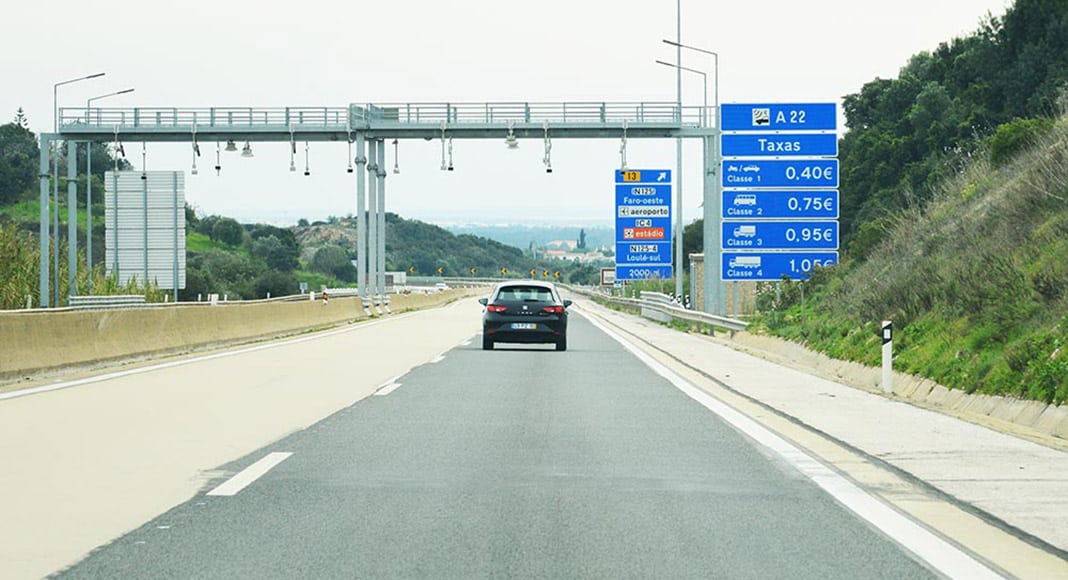UTAO delivers stark ‘reality check’
Government agency UTAO has delivered sobering news for voters carried away by election campaign pledges about abolishing motorway tolls: the country’s taxpayers face “unlimited years” compensating companies running the motorways for the ‘brake’ but on tolls charge increases during the worst of last year’s inflation crisis.
PS Socialists running the government limited increase to 4.9% – well below the maximum rate allowed for by law (and the 10.44% being requested) – but due to contracts with concession companies, the shortfall now will have to be made up.
This puts the continued pledges by PS leader Pedro Nuno Santos that ‘the first thing he will do if elected prime minister’ is abolish tolls on former SCUT highways (motorways originally constructed, with the help of EU money, to be free of charges…) into sharp perspective. If UTAO sees the law as reason to ‘reimburse’ concession companies for reduced income, it will definitely be a reason to reimburse concession companies for tolls being abolished altogether.
UTAO however is not concerned with pre-election promises. As the government’s technical budget support unit, it is concerned with ‘facts’ – and these appear to be that “for an unlimited number of years taxpayers and motorists will pay for the government’s decision to prevent inflation from being fully reflected in the 2023 tolls”.
UTAO’s report was delivered yesterday.
Its assessment read: “for the following years, there will be a sharing of the costs of the base effect between taxpayers and motorists”, since “from 2024 (inclusive) and for an indefinite number of years, the amount of support borne by the State will be reduced by the amount of a supplementary update of the tariffs and toll rates to be borne by users”.
The report points out that the increase, in addition to the regular update, can occur “whenever the tariff increase proposed by the private partners in accordance with the contract is less than 2%, the supplementary tariff update will correspond to that difference” and/or “by discretionary decision of the public grantors, communicated to the respective private partners”.
UTAO’s experts also consider that “support for concessionaires does not stop there”, since “private partners will be entitled, in the first four tariff changes after 2023, to add the 0.1 percentage point increase to the regular annual update”.
For UTAO, “although small in terms of relative variation from one year to the next, (the effects) will be permanent, thus impacting the basis of tariff increases for all subsequent years“.
The agency also points out that since “the variation in revenue collected from users with the prices updated in these ways” is unknown, the General Inspectorate of Finance is responsible for “auditing any changes in the economic and financial balance of the concession contracts in due course, so that accounts can subsequently be settled between the public grantor and the concessionaires”. ND
Source material: LUSA




















